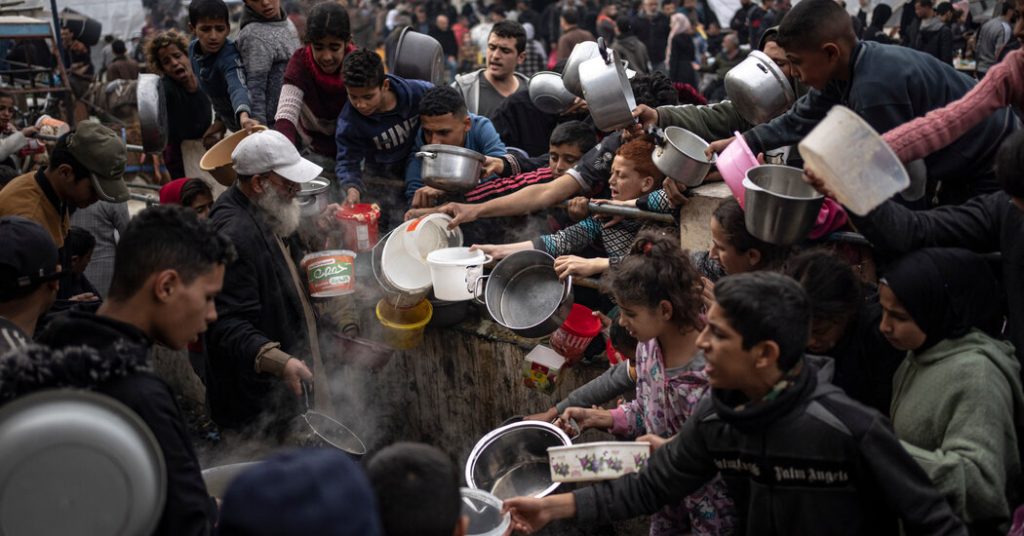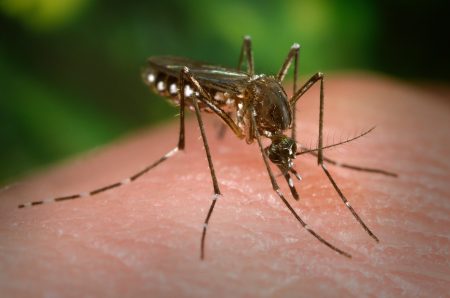In March, Volker Türk, the United Nations’ human rights chief, suggested that Israel’s policies regarding aid in Gaza could be considered a war crime due to the use of starvation as a method of war. Concerns were raised about potential arrest warrants being issued by the International Criminal Court (ICC) against senior Israeli officials over accusations of preventing aid delivery to civilians in Gaza. A humanitarian crisis was observed in Gaza, with limited access to aid compounded by ongoing violence and displacement preventing aid distribution, leading to malnourishment and deaths from starvation-related diseases.
Israeli officials have denied placing limits on aid and accused the UN of inadequate distribution and Hamas of looting supplies. Israel claimed to be working with international aid groups, the US, and Egypt to facilitate aid delivery to Gaza, highlighting efforts such as airdrops and aid packages. However, aid agencies reported challenges in getting aid into Gaza due to rigorous inspections and restrictions, resulting in delays and insufficient aid reaching those in need. Despite some easing of restrictions, concerns about humanitarian access remained, with ongoing accusations of starvation being used as a weapon of war in Gaza.
The crime of intentionally starving civilians was designated as a war crime in 1998, but no one has been tried for it. The two main elements of the crime involve actions or policies depriving civilians of essential supplies and deliberately using starvation as a method of warfare. Statements by Israeli officials, including a declaration of a “complete siege” on Gaza, raised concerns about meeting the elements of a war crime even before starvation occurred. Israel maintained that the siege statements did not reflect its policies and cited efforts to increase aid to Gaza.
Improvements in aid flows were reported in recent weeks, with the reopening of the Erez border crossing to allow aid into northern Gaza. Despite these developments, concerns remained about the adequacy of aid reaching Gaza and addressing the humanitarian crisis. Legal experts noted that improvements in aid distribution did not negate possible criminal liability for past actions, and warrants could be issued based on reasonable grounds for suspicion. While actual trials in the ICC may be unlikely due to jurisdiction issues, any indictments could impact international perceptions of Israel’s actions in Gaza and political pressure on its allies.
The threshold for criminal liability regarding the starvation of civilians as a war crime involves restrictions on humanitarian access and actions that lead to the starvation of civilians. Context matters in assessing the intent behind such actions, with scrutiny on the consequences for civilians. Restrictions on aid, even for military reasons, should not impede humanitarian access to starving civilians. Legal experts emphasized the need for thorough investigations by the prosecutor’s office to gather evidence for potential trials, as well as national governments’ role in arresting suspects identified in ICC warrants. Overall, concerns remained about the humanitarian crisis in Gaza and the potential legal implications of actions taken by Israeli officials.















